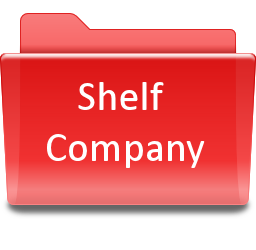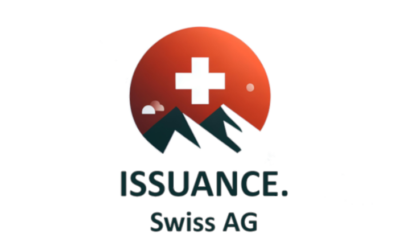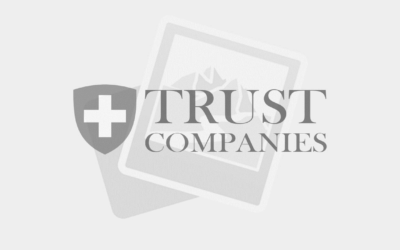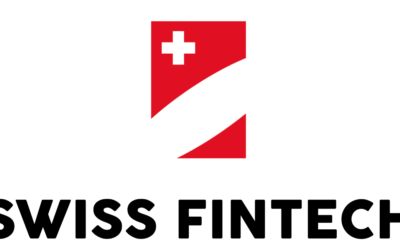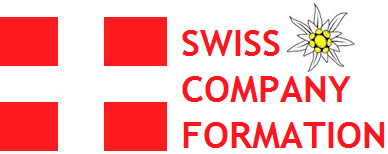Would you talk with someone in our company regarding any issues? Just drop us a line!
- 1 Starting a Real Estate Company in Switzerland: What You Need to Know
- 2 Why Switzerland for Real Estate?
- 3 Legal Business Forms: GmbH or AG?
- 4 Regulatory Requirements and Broker Licensing
- 5 Strategic Considerations and Market Segments
- 6 Typical Costs and Setup Timeline
- 7 Conclusion
- 8 FAQ about Starting a Real Estate Company

Starting a Real Estate Company in Switzerland: What You Need to Know
Switzerland’s stable economy, transparent legal framework, and thriving property sector make it an attractive destination for entrepreneurs looking to enter the real estate business. Whether you aim to establish a full-service agency, manage investment properties, or launch a niche brokerage, understanding the country’s legal and fiscal landscape is crucial. This guide outlines how to set up a real estate business in Switzerland, including regulatory requirements, business types, incorporation costs, and market opportunities.
Why Switzerland for Real Estate?
The Swiss real estate market is characterized by strong demand, limited land availability, and robust tenant protections. Urban hubs like Zurich, Geneva, and Lausanne offer high-yield opportunities, especially in residential and commercial rentals. Investors are also drawn to Switzerland’s reputation for sustainable construction and the efficiency of its property management businesses.
Switzerland’s economic and political stability make it an appealing choice for long-term real estate investments. The presence of major international organizations and a growing expat population further drive demand in both urban and semi-urban areas.
Legal Business Forms: GmbH or AG?
One of the first steps in founding a real estate company in Switzerland is choosing the appropriate legal form. The most common structures are the GmbH (limited liability company) and the AG (joint-stock company). Both allow for real estate activities, but they differ in terms of capital requirements, governance, and flexibility.
| Company Type | Minimum Capital | Ideal For | Notes |
| GmbH | CHF 20,000 | Smaller agencies, startups | Personal liability is limited |
| AG | CHF 100,000 (50% paid-in) | Larger investment firms | Easier to raise capital, transfer shares |
More details can be found in official Swiss corporate guidance at https://www.kmu.admin.ch/kmu/en/home.html
The Swiss gmbh is a popular option for small to medium-sized real estate businesses, while the Swiss ag suits larger ventures or firms that anticipate future growth.
Why Switzerland for Real Estate?
The Swiss real estate market is characterized by strong demand, limited land availability, and robust tenant protections. Urban hubs like Zurich, Geneva, and Lausanne offer high-yield opportunities, especially in residential and commercial rentals. Investors are also drawn to Switzerland’s reputation for sustainable construction and the efficiency of its property management businesses.
Switzerland’s economic and political stability make it an appealing choice for long-term real estate investments. The presence of major international organizations and a growing expat population further drive demand in both urban and semi-urban areas.
Legal Business Forms: GmbH or AG?
One of the first steps in founding a real estate company in Switzerland is choosing the appropriate legal form. The most common structures are the GmbH (limited liability company) and the AG (joint-stock company). Both allow for real estate activities, but they differ in terms of capital requirements, governance, and flexibility.
| Company Type | Minimum Capital | Ideal For | Notes |
| GmbH | CHF 20,000 | Smaller agencies, startups | Personal liability is limited |
| AG | CHF 100,000 (50% paid-in) | Larger investment firms | Easier to raise capital, transfer shares |
More details can be found in official Swiss corporate guidance at https://www.kmu.admin.ch/kmu/en/home.html
The Swiss gmbh is a popular option for small to medium-sized real estate businesses, while the Swiss ag suits larger ventures or firms that anticipate future growth.
Regulatory Requirements and Broker Licensing
In Switzerland, opening a real estate agency requires compliance with local laws and municipal requirements. While not all real estate activities require a license, certain services—such as brokering property sales or acting on behalf of third parties—may demand a broker license in Switzerland. Local regulations vary by canton, and entrepreneurs are encouraged to consult cantonal real estate authorities for specifics.
Besides licensing, businesses must observe Swiss building regulations, especially when engaging in development or renovation projects. These regulations address zoning, environmental impact, energy efficiency, and cultural preservation, and are detailed on https://www.bwo.admin.ch.
A properly structured real estate business plan in Switzerland should reflect these requirements, including insurance, office setup, and operational policies. This is particularly essential when planning to incorporate in urban centers with dense and complex regulatory environments.
Additionally, registering your business with the Swiss commercial register is mandatory. This step provides your company with legal status and visibility for clients and tax authorities. Costs associated with Swiss company incorporation vary depending on canton and legal structure, with Zurich and Zug often favored due to streamlined registration procedures and lower fees.
To understand more about business tax implications, read the comprehensive guide to swiss taxes for new companies.
Strategic Considerations and Market Segments
Before launching, consider the type of real estate operation you want to run. Options include residential leasing, commercial property management, investment brokering, and development. Each comes with different levels of regulatory scrutiny and capital intensity. The Swiss real estate challenges often relate to land scarcity, building limitations, and high operating costs, particularly in metropolitan areas.
A key decision is whether to focus on urban or rural real estate. Urban markets are more competitive but offer greater returns. Rural areas are less saturated but may present difficulties in client acquisition and financing.
Investors interested in long-term projects may be drawn to Swiss real estate investment opportunities, such as multi-unit housing, hotels, or co-living spaces. Others might opt for agency-style models, serving clients seeking rentals or property purchases. For those considering a broader strategy, the swiss company model offers flexibility for managing multiple lines of business, including real estate, finance, and consulting.
Typical Costs and Setup Timeline
Costs to set up a real estate company in Switzerland range from CHF 3,000 to CHF 8,000 depending on structure and canton. This includes notary services, legal fees, registration charges, and share capital. Operating expenses for a small agency typically include office rent, digital tools, marketing, and insurance.
| Expense Category | Estimated Cost (CHF) |
| Notary & Legal Fees | 1,500 – 3,000 |
| Registration & Government Fees | 600 – 1,200 |
| Share Capital (GmbH) | 20,000 |
| Basic Office Setup | 1,000 – 3,000 |
| Website & CRM Tools | 500 – 2,000 |
The process of incorporation generally takes 2 to 4 weeks. It is advisable to consult professionals such as Swiss tax advisory services and legal experts familiar with real estate-specific regulations. Additionally, foreign founders might also be interested in residency rules, which are covered in detail in this guide to the swiss residence permit.
Conclusion
Launching a real estate company in Switzerland is an attractive opportunity for entrepreneurs with the right strategy and resources. From choosing the optimal legal structure and complying with zoning laws to navigating taxation and developing market positioning, a detailed approach is crucial. Whether your aim is a boutique agency or a major investment platform, Switzerland’s stable market, solid returns, and global appeal provide the ideal foundation.
By leveraging proper planning, support from expert consultants, and regulatory awareness, you can build a sustainable and profitable real estate venture in one of the world’s most prestigious property markets.
To explore how to get started, understand the swiss bank account requirements and take the next step toward incorporation with swiss foundation assistance.
Would you talk with someone in our company regarding any issues? Just drop us a line!
FAQs
Switzerland offers a stable economy, transparent regulations, and a high-demand property market, making it ideal for long-term real estate investment and business growth.
The most common options are GmbH and AG. GmbH is suitable for smaller agencies, while AG offers better scalability for large real estate ventures.
In most cantons, a broker license is required for conducting property transactions on behalf of clients. Regulations may vary, so always check with local authorities.
To start a GmbH, CHF 20,000 is required. For an AG, the capital must be CHF 100,000, with at least 50% paid in at the time of registration.
Yes, foreign nationals can incorporate companies in Switzerland, though residency permits and additional documentation may be necessary.
The commercial register grants legal recognition to businesses and ensures public access to their core information, such as ownership and management structure.
Costs typically include notary fees, legal documentation, government fees, and basic office expenses. Overall, setup ranges from CHF 3,000 to CHF 8,000.
Yes, Switzerland offers favorable tax structures for real estate companies, especially in cantons like Zug. Deductions for operational and capital expenses are also available.
The registration process usually takes 2 to 4 weeks, depending on the legal form and canton. Pre-planning and professional support can speed up this timeline.
Key challenges include land scarcity, high construction costs, and regulatory complexity in urban zones. However, demand and ROI remain strong.




